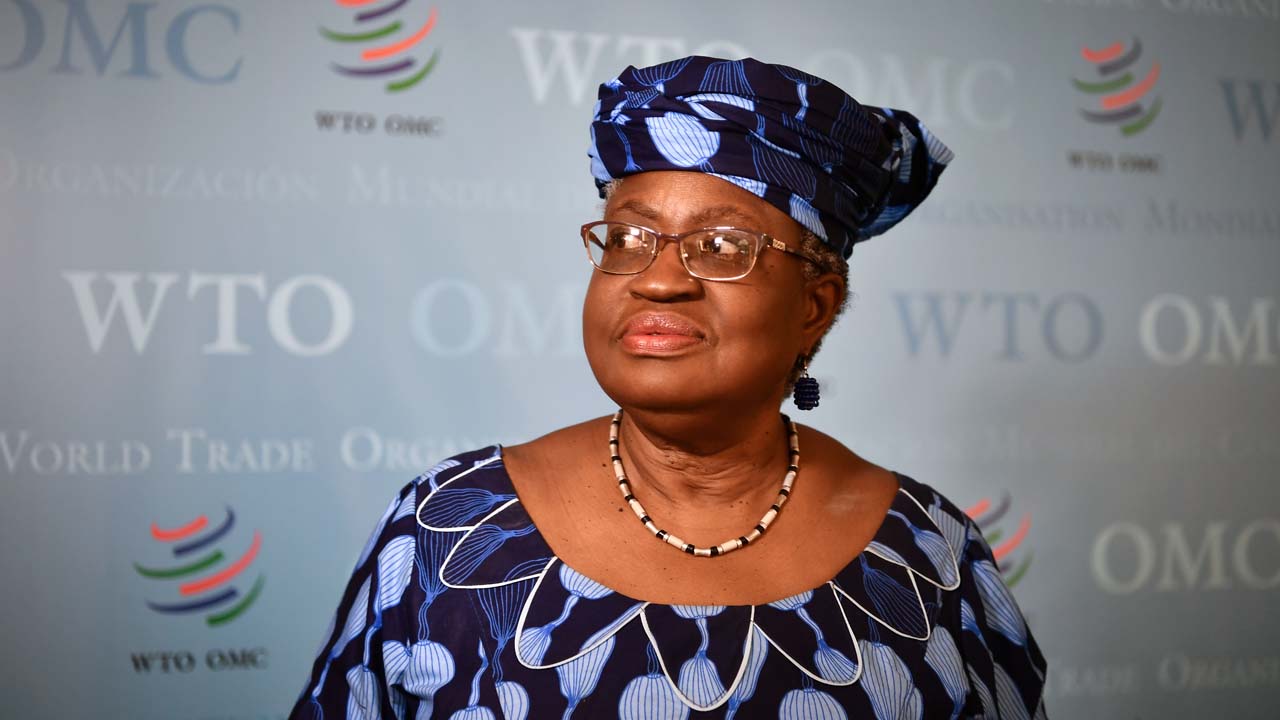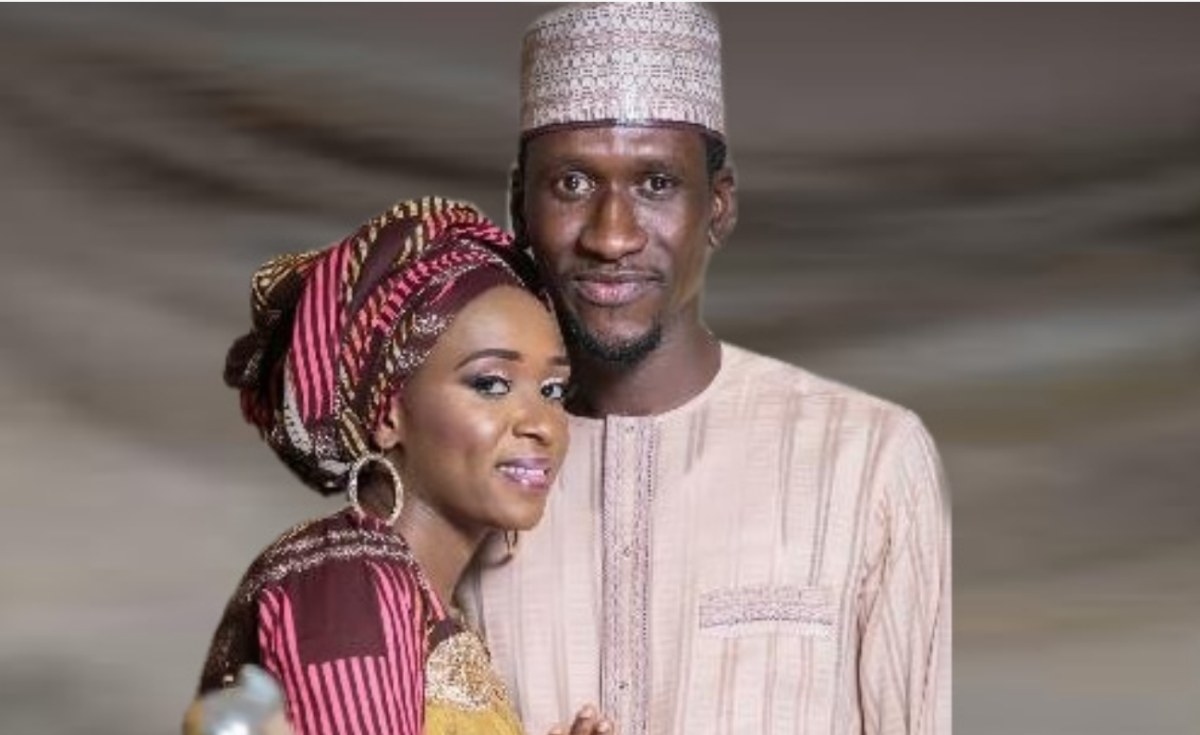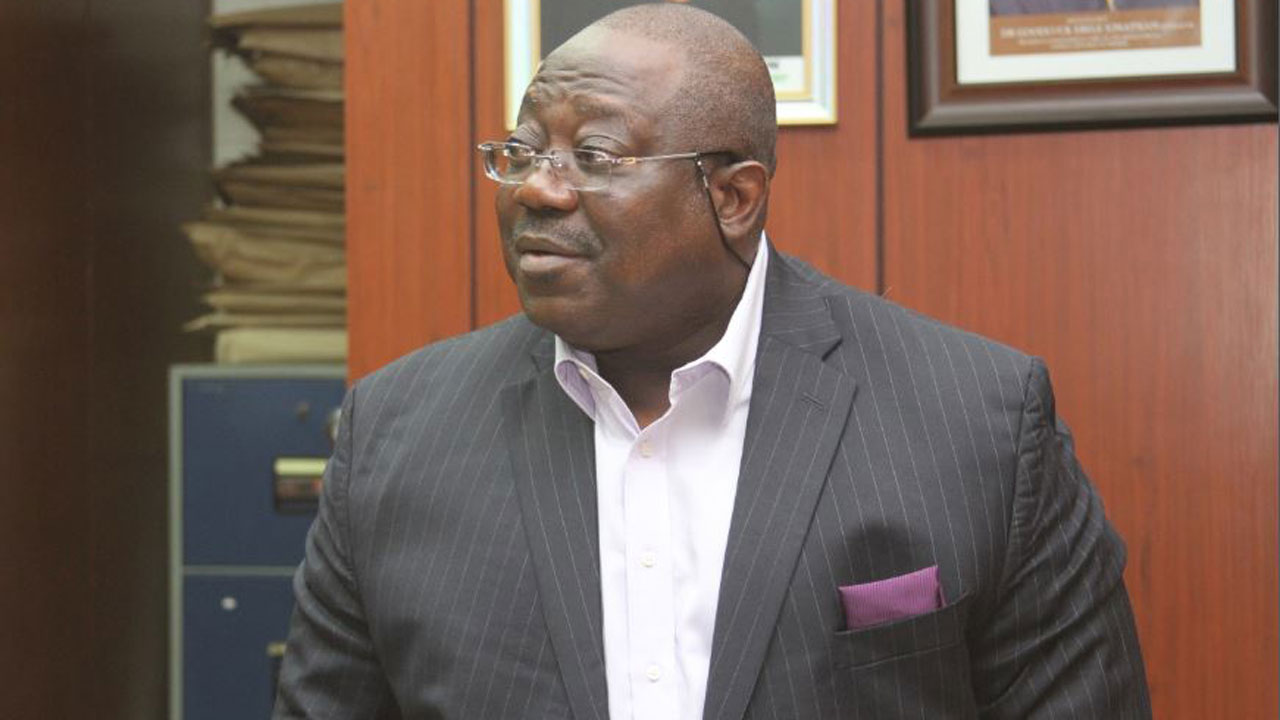
I made the case at the time for a strategic alliance involving some key countries to must enable Nigeria sail through at the AfDB and WTO. I made a case for Nigeria to tread with caution over these two irons in the fire at the same time. She has to be cautious with her approach, ensuring not to operate with a zero-sum mindset, but incorporating a give-and-take strategy, with gains assured for other parties in the process. The extent to which that played out we might not know, even if the withdrawal of the candidacy by Benin Republic and endorsement of Nigeria is left to interpretation. Obviously, Nigeria recognised and appreciated the intersection and successfully managed the process.
But only few would have known that the fight by Egypt and the indirect face-off between US and Nigeria at the AfDB was only to foreshadow what would eventually play out at the WTO, with respect to the candidacy of Dr Okonjo-Iweala for the position of the Director General. At the close of nomination, eight candidates had been nominated by their respective governments, following which a special General Council meeting held for 3 days in July during which the candidates met with WTO members to make presentation and respond to questions from members.
At the end of the first round, there were 5 candidates left in the race, which was pruned to two after the second round. On 28th October, 2020, the three facilitators of the selection process – Ambassador Walker, Dacio Castillo and Harald Aspelund announced at the Heads of Delegation meeting on 28th October, 2020 that “based on their consultations with all delegations, the candidate best poised to attain consensus and become the 7th Director-General was Ngozi Okonjo-Iweala of Nigeria.”
While many had thought that the consultation process had finally yielded consensus, the United States of America injected another round of uncertainty into the process, rejecting the consensus choice of the Nigerian candidate as the new DG of the WTO. The U.S. Trade Representative’s office released a statement officially backing South Korean trade minister Yoo Myung-hee, the only other remaining candidate, arguing that at a “very difficult time”, the WTO “must be led by someone with real, hands-on experience in the field,” playing to the orchestrated criticism of the Nigerian candidate of having limited experience with respect to multilateral trade.
Soon, it had become obvious that the consultation process was not leading anywhere, with the American elections around the corner. On November 6th, 2020 Ambassador Walker announced that the General Council meeting which had been scheduled for November 9th, 2020 had to be postponed “during which time he would continue undertaking consultations with delegations.” That temporarily aborted the process that would have culminated in the formal announcement of Nigeria’s Dr Okonjo-Iweala as the new DG of the WTO.
That would not be the first time America, under President Donald Trump would stand in the way of multilateral consensus. That would not be the first time America would take a stand, seeking to block a Nigerian candidate for a top international position. At the AfDB, Dr Akinwunmi Adesina had, by consensus, received the backing of the shareholders for a second term as the President of the institution, only waiting for a formal affirmation at the Annual General Meeting. Then came allegations of wrongdoing from anonymous whistleblowers, but following investigation by the Ethics committee, he was cleared of the allegations. But the US, second largest shareholder in AfDB, after Nigeria, would not have it. U.S. Treasury Secretary Steven Mnuchin questioned the integrity of the committee, insisting on an external, independent probe into the allegations. At its meeting of June 4, 2020, the AfDB Board of Governors reached a “compromise” decision for an “independent review” of the Ethics Committee report which had exonerated Dr. Adesina on all grounds by a committee made up by members who deemed “a neutral, high-caliber individual with unquestionable experience, high international reputation and integrity.” This was AfDB bending backwards to please the US, yet at the end of the day, Dr Adesina was exonerated by the “high-level panel.”
Africa was essentially off the radar for Donald Trump in his 4 years in the White House. His presence loomed large in the continent for his loud absence. He could not muster a single visit to the continent for the whole term. Whereas like his predecessors, there was some signature project around which an African policy was anchored, his “Prosper Africa” was more pronounced for the absence of the signature of the person supposedly behind it. Safe to say, there was effectively no place for Africa on the table and that is quite understandable. On occasions that Nigeria featured in Trump’s frame of reference, she was either qualified with words from his repertoire of ribaldry or forcefully inserted into a discriminatory immigration policy which restricted entry into the United States for a category of Nigerian immigrants, a decision the current President of the US, Joseph Biden referred to, at the time, as a “disgrace”. Whereas Trump was unable to give fillip to his African policy, his administration, by some coincidence, at critical points, found a way to undermine African leadership in African Development Bank, the World Health Organization under the Ethiopian, Dr Tedros Adhanom, and not surprisingly the Okonjo-Iweala candidacy for the Director-General of the WTO.
That Nigeria succeeded in securing a second term for Dr Akinwunmi Adesina at the AfDB and is now has Dr Okonjo-Iweala confirmed as the new Director General of the WTO is a huge and unprecedented diplomatic win for the country. It is to the credit of President Buhari and his foreign policy team under the leadership of Geoffrey Onyeama. It was heart-warming to see Dr Adesina flown home, even when borders around the world were on lockdown, to be assured of support for a renewal of his tenure. Dr Okonjo-Iweala came calling in October, to thank President Buhari and his team, following up by asking the President to “make one final push within the week to beat the Koreans and bring this to Nigeria by sending a few letters and placing telephone calls to some world leaders, and also thank others for their support”. It is gratifying to see the final push pay off.
President Joe Biden says “America is back”. It is good to see America back, re-embracing multilateralism. The country is back in the World Health Organisation. It has made a return to the Paris Climate Accord. It has given its backing to the candidacy of Nigeria’s Dr Ngozi Okonjo-Iweala as Director-General of the WTO, affirming the consensus arrived at by other members of the organisation, paving the way for the first African and woman as head of the institution. It is a historic win for Nigeria and Africa as well as a reassuring return of a more embracing form of multilateralism on the world stage.
Concluded.
Olorunfemi works for Hoofbeatdotcom, a Nigerian Communications Consultancy and publisher of Africa Enterprise.






